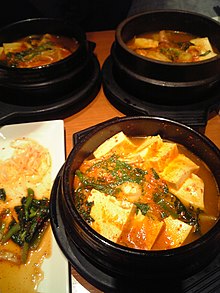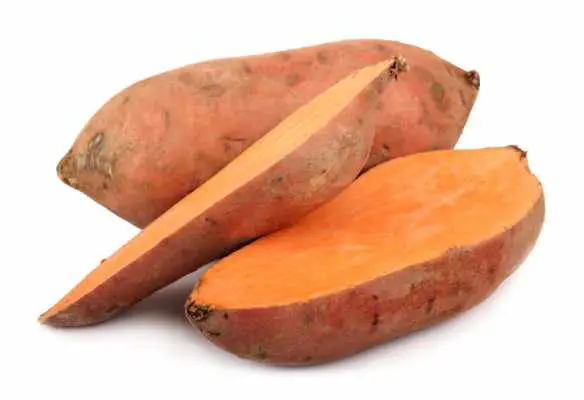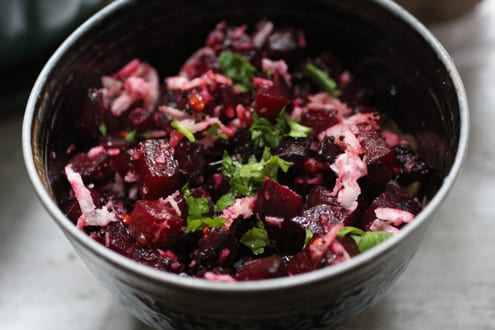Foods & Drinks of Prophet Muhammad (peace be upon him)
To eat wholesome and pure is a religious obligation. It is not a duty to consume only that which was eaten by the Prophet Muhammad (peace be upon him); but it is an expression of love to learn about the foods and the drinks he enjoyed and thereafter develop a liking for those things too. Anas RA says, “I continue to love gourd ever since I witnessed the prophet doing what he did (searching the dish for gourd, picking and eating it).
The table-spread of the Prophet PBUH was simple yet nourishing. In fact, there were times when no food was cooked at all in the house of the Prophet for weeks. He would remain content and never complain. Verily he was a perfect example for us.
Here we find it important to note some etiquette of food and drink demonstrated and instructed to us by the Prophet PBUH himself:
- Wash the hands before eating.
- Mention the name of Allah (bismillah) before eating or drinking, or, if a person forgets, the supplication afterwards.
- Use the right hand to eat or drink.
- Do not blow into the vessel.
- Eat with three fingers and drink in three sips.
- “Eat what is in front of you.”
- Ask the cook to join you in eating, or at least offer him to take some with him.
- Do not eat separately. “Gather together at your food.”
- Say alhamduillah while eating and drinking.
- Do not eat to full. Fill one-third with food, and reserve the other for drink and the last third for breathing.
- The Prophet PBUH “would never complain of any food. He used to eat it if he liked the food, and leave it if he disliked it”
- Remove anything harmful from the morsel (if fallen) and eat it. Lick the fingers and wipe the dish after eating the food as “you do not know in what portion of your food the blessing lies”.
- Recite the supplication for after drinking water, milk or eating food, praising The Almighty for “giving us food and drink, and making us Muslims”.
The following is a brief compilation of the eating and drinking habits of the Prophet Muhammad PBUH.
-
Condiments
The preferred meals of the Prophet PBUH included Tharid (broth containing pieces of bread and meat) and  Khazir (prepared from barley-flour and meat soup). The Prophet also liked a meal of grounded barley in a pot, with some olive oil, crushed pepper and spices poured on top
Khazir (prepared from barley-flour and meat soup). The Prophet also liked a meal of grounded barley in a pot, with some olive oil, crushed pepper and spices poured on top
-
Meat
The Prophet PBUH consumed various types of meat and parts of the animal, including: the roasted side, the shoulder, boneless meat, liver, bone broth and the foreleg. He also consumed roasted meat and roasted mutton as well as normal mutton. The Prophet is also reported to have instructed to increase the soup with the meat.
The various animals consumed by the Prophet PBUH include: she-goat, mountain goat, sheep, camel and cow.
-
Poultry
The poultry consumed by the Prophet PBUH included: cock or hen, chicken, bustard (or a ruddy goose or quail) and rabbit.
-
Seafood
The seafood consumed by the Prophet PBUH was fish (anbar).
-
Bread
The Prophet PBUH mostly consumed barley bread. It was less common to consume wheat bread. He would occasionally combine barley bread with any of the following: meat, soup, gourd, pumpkin, vinegar, olive oil and dates.
-
Sweets
The Prophet PBUH loved his sweets. He is reported to have consumed: halwa (it is either a reference to any sweet item or a particular type of dessert made from dates and milk, or flour, honey and butter (khabis)); hais (prepared from dates, butter and cheese/flour); saweeq (wheat or barley which is fried and then ground,
 and to which fat and honey is then added); and talbinah (a mixture of barley flour, milk and honey).
and to which fat and honey is then added); and talbinah (a mixture of barley flour, milk and honey).
-
Fruits
The fruits enjoyed by the Prophet PBUH include: cucumber (with dates or salt), raisins, mulberry, kabath (from the plant Arak (toothbrush tree)), muskmelon, pomegranate, grapes, quince and dates.
These dates included dry dates and fresh, ripe dates. He would occasionally combine any of the following with dates: cucumber, fresh butter, non-clarified butter, clarified butter (ghee), cheese, melon, watermelon, barley bread and, in general, food. He had also consumed dates cooked with flour. He would sometimes eat the dates with a beverage including milk and water.
-
Sides & Beverages
The sides on the table-spread of the Prophet PBUH included vinegar, salt, olive oil, barley and barley bread.
The Prophet PBUH loved cold and sweet drinks (this can either mean  natural sweet water, or which has been mixed with honey or in which dates were soaked). He loved to consume cold water and zamzam water. He would occasionally sweeten and flavour the
natural sweet water, or which has been mixed with honey or in which dates were soaked). He loved to consume cold water and zamzam water. He would occasionally sweeten and flavour the  water by soaking any of the following in the water: dates (also known as nabidh), dried dates and raisins, ground barley, and honey. He would either consume pure honey only or that mixed with milk or water.
water by soaking any of the following in the water: dates (also known as nabidh), dried dates and raisins, ground barley, and honey. He would either consume pure honey only or that mixed with milk or water.
-
Vegetables
The vegetables consumed by the Prophet PBUH included: yam, gourd, pumpkin, beet (mixed with barley flour, pepper, olive oil and spices), beetroot, truffles, turmeric root (arwi) and roasted onions.
-
Dairy
The dairy products consumed by the Prophet PBUH included: milk, butter (clarified and non-clarified), cheese, cottage cheese and dried yoghurt.
DISCLAIMER:
The Ask Our Imam site hopes to respond to queries relating to Islamic law. It is not an Islamic Law Shari`ah Court. The questions and answers found on this website are for educational purposes. However, many of the rulings rendered here are distinct to the specific scenario and thus should be read in conjunction with the question and not taken as a basis to establish a verdict in another situation or environment. This site bears no responsibility in these responses being used out of their intended context, nor to any party who may or may not follow the responses given and is being hereby exempted from loss or damage howsoever caused. None of the responses rendered may be used as evidence in any Court of Law without prior written consent of Our Imam. Any reference to another website or link provided in our responses or article should not be taken as an endorsement of all the content on that website; in fact, it is restricted to the particular material being cited.
Posted in General on 9th Jan 2017 by Our Imam | 19429 Views






